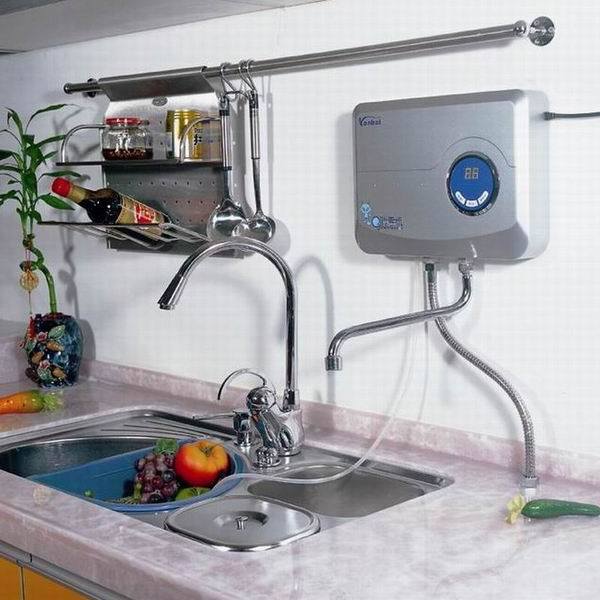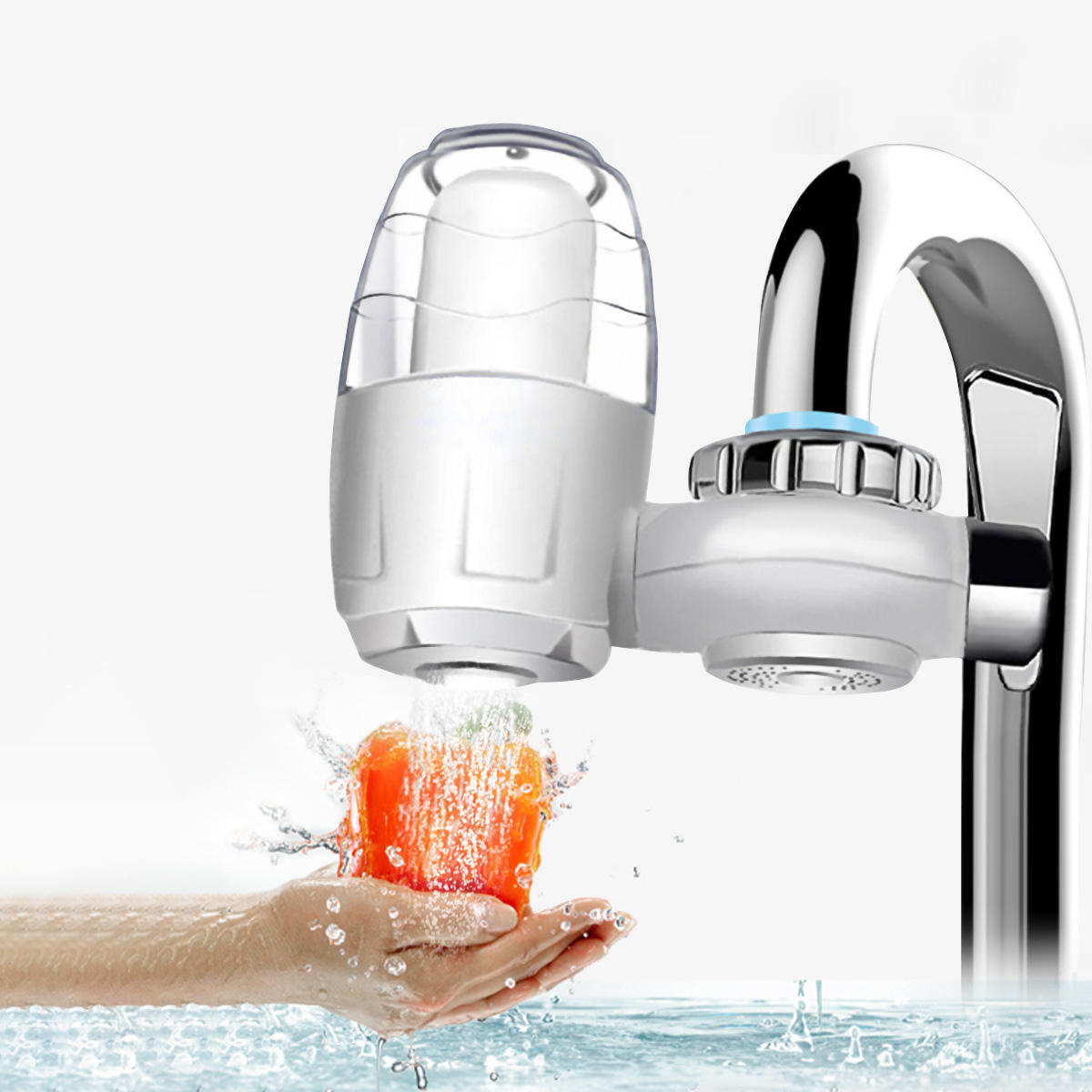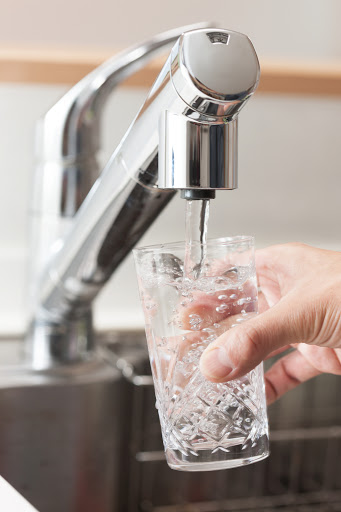Water is necessary for survival. However, the quality of water that you drink affects the overall health of your body. Drinking contaminated water can cause a plethora of diseases such as hepatitis A, jaundice, typhoid, diarrhea, cholera, etc. That is why it is essential to consume clean water. And here is where the water filtration and purification come into play.
Now that you are aware of the importance of eliminating the contaminant, you might find yourself in another trouble. The various industry jargon in the sector of clean drinking water can be quite confusing. It is unwise to group water filters and water purifiers under the same umbrella because the filtration process used by these two are entirely different.
You must understand the differences between water filters and water purifiers before making any purchase. Here we are going to discuss the same.
Water Filter
Water filters use the process of filtration to eliminate the contaminants. In this process, the pollutants are separated from water by the usage of filters that act as barriers. The pores of the filters are usually smaller in size when compared to the contaminants and hence only allow the water to flow and retain the contaminants.

Various water filters make use of the activated carbon to eliminate the toxic microscopic contaminants. As most of the harmful water impurities have carbon within them, activated carbon makes the water safe for consumption by means of physical adsorption and chemical reactions. Moreover, not only the water filter improves the quality of water, but it also removes the smell from the water to a great extent.
When it comes to biological or physical impurities, water filters effectively remove the pollutants, regardless of their size. The filter is equipped in a way that it can easily hold back the dust particles, microbial cysts, bacterial cells, and various other microscopic particles.
Though water filters are quite efficient in removing both physical and biological contaminants, it is not so proficient against chemical pollutants. While there are water filtration systems that can retain chemical pollutants, their efficiency is questionable because the chemical pollutants, bacterial toxins, etc. can pass through the pores of the filter due to their extremely small size.
There are mainly three types of water filtration systems – whole house filters, drinking water filters, and shower filters.
Whole house filters
Whole-house filters are connected to the main water supply line to decrease the concentration of the contaminants and ensure the safety of the water. Some may have the activated carbon filter, while others may use the mechanism of sediment pre-filtration and have mineral stones. These water filters can be configured according to the requirements of the water.
Drinking water filters
Drinking water filters can be adjusted in your fridge, on the countertop, or under the sink. These filters are generally equipped with a combination of ion exchange and activated carbon for the elimination of certain pollutants. However, when you compare water purifiers to filters, the major disadvantage is that the filters also eliminate the good minerals like magnesium, calcium, potassium, etc. that are beneficial for the body.
Shower filters
This type of water filter is generally attached to the showerhead that helps negate the negative impacts of hard water, gives you healthier hair and softer skin. These water filters maintain the pH of the water and aids in eliminating toxic chemicals that can fix all types of cosmetic annoyances.

Now, you know what the various types of water filters are and how they filter the water; let us understand what water purifiers are and their filtration methods.
Water Purifier
Water purifiers go beyond the capability of water filters. It is designed in a way that it removes 90-95% contaminants present in the water. The water purifiers use the process of purification. It means that the process keeps certain unwanted particles away from the water.
They can eliminate a majority of the contaminants according to electric charge, size, and other factors. It can also remove chemical as well as biological pollutants with ease. With the aid of three main purifier technologies, water can be made safer for consumption and other uses.
- Distillation: In this particular process, the water is first converted into steam by the process of evaporation. After that, the steam is again converted back into the liquid state in a different chamber. It assists in the separation of various chemical compounds from water. It also assists in the destruction of many bacteria and viruses.
- Reverse Osmosis: It is quite similar to the workings of a water filter. The only difference is the kind of membrane used. Instead of the media that screens contaminants in the water filter, water purifiers have a small and semi-permeable membrane. The water particles mixed with the pollutants are pushed into this membrane. Due to the characteristic features of the membrane, numerous particles are restricted from flowing along with water.
- Deionization: It is a kind of chemical procedure in which the minerals are removed based on the ionic charge. Deionization technology involves the elimination of all positive metallic ions like magnesium ion, calcium ion, etc. It is then replaced by hydrogen ions.
Another technology widely used for purifying water is UV technology. This particular technology uses ultraviolet radiation to screen out harmful contaminants. The UV rays can wreak havoc to the NA of all the living contaminants. It includes spores, bacteria, cysts, viruses, etc.
These technologies provide an additional layer of security and work to maintain the clean standard of the water.

Now that you know the differences between the water filter and water purifier, you can decide which one suits your requirements the best.
You can also opt for a type of filtration system that combines the aspect of both filtration and purification. However, it is advisable to check out the features of any of the types minutely to ensure that the system you have purchased provides the utmost clean drinking water for you and your family.
All the Best!






